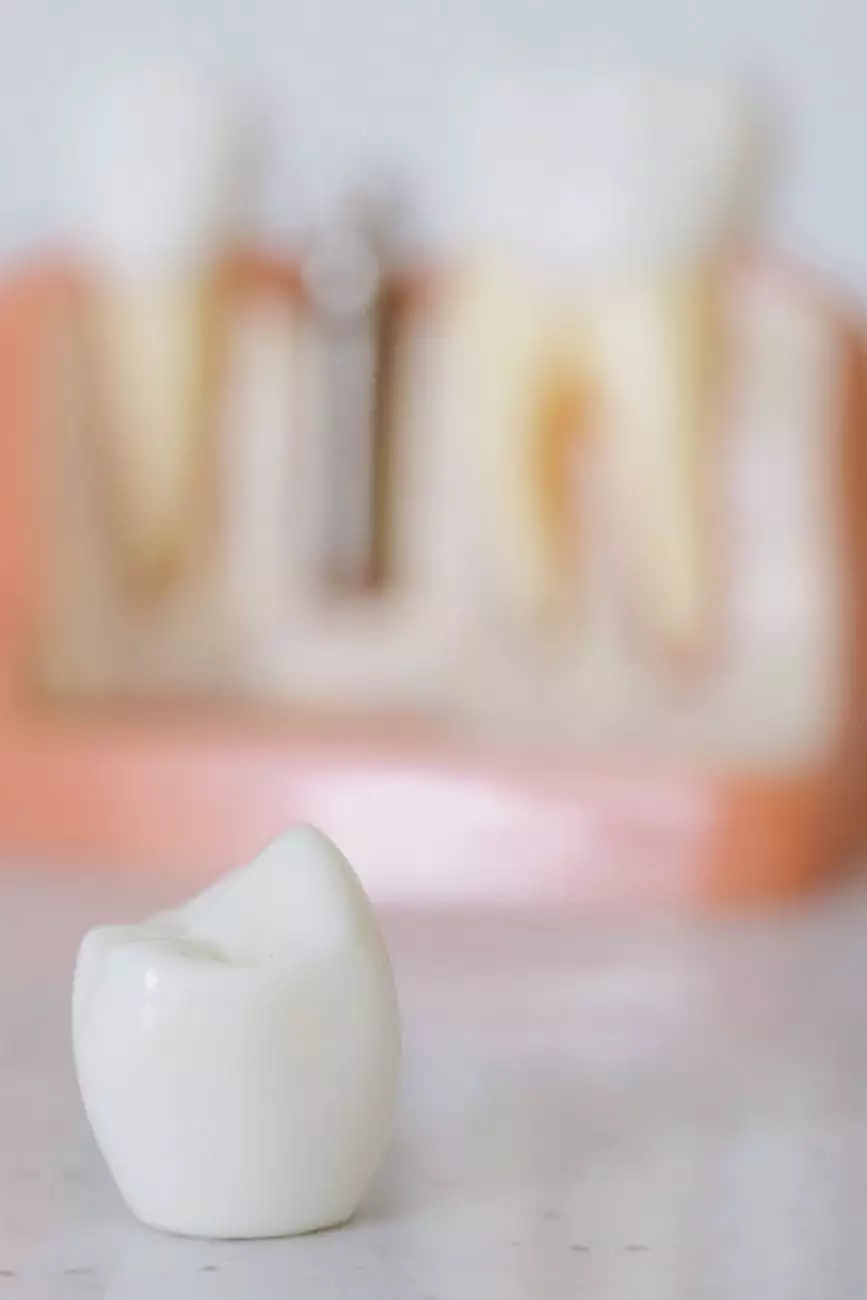How Long Do Implant Crowns Last?
Oral Health
Understanding Implant Crowns
Implant crowns are an essential part of dental restorations that are used to replace missing teeth. They act as a durable and natural-looking replacement for your missing teeth. Implant crowns are designed to be a long-term solution for restoring the function and aesthetics of your smile.
The Lifespan of Implant Crowns
When it comes to the lifespan of implant crowns, several factors come into play. With proper care and maintenance, implant crowns can last for many years, and in some cases, even a lifetime. However, it's essential to understand that there are variables that can affect their longevity.
1. Oral Hygiene
Maintaining excellent oral hygiene is crucial for the longevity of your implant crowns. It is recommended to brush your teeth at least twice a day, floss regularly, and visit your dentist for professional cleanings and check-ups. Following these practices will help prevent gum disease, tooth decay, and other oral health issues that can compromise the lifespan of your implant crowns.
2. Regular Dental Visits
Regular visits to your dentist are essential for monitoring the health and condition of your implant crowns. Your dentist can identify any potential issues early on and take the necessary steps to prevent further complications. Routine check-ups also include professional cleanings, which help remove plaque and tartar buildup that can impact the longevity of your implant crowns.
3. Bite Force and Parafunctional Habits
The force exerted on your implant crowns while biting and chewing can affect their lifespan. Chewing on hard objects, like ice or pens, can lead to chipping or cracking of the crown. Additionally, parafunctional habits such as teeth grinding (bruxism) can cause excessive wear and damage to the implant crown. If you have bruxism, your dentist may recommend a nightguard or other protective measures to safeguard your implant crown.
4. Material Quality
The quality of the materials used for your implant crowns plays a significant role in their longevity. High-quality materials, such as porcelain or zirconia, are known for their durability and natural appearance. Investing in superior materials can ensure the longevity of your implant crowns, reducing the need for frequent replacements.
5. Overall Health and Lifestyle
Your overall health and lifestyle choices can impact the lifespan of your implant crowns. Smoking, for example, can increase the risk of implant failure and negatively affect the surrounding gum tissues. Maintaining a healthy lifestyle, avoiding harmful habits, and properly managing chronic health conditions can contribute to the long-term success of your implant crowns.
Consultation with an Implant Dentist
If you are considering implant crowns or have existing ones, it is crucial to consult with an experienced implant dentist. Marvin Blumentritt, DMD, at Troy Dental, specializes in high-end dental services and provides personalized treatment plans for his patients. Dr. Blumentritt will evaluate your specific case, discuss the expected lifespan of your implant crowns, and provide recommendations on maintaining their longevity.
Conclusion
Implant crowns can last for many years, ensuring the functionality and aesthetics of your smile. By following proper oral hygiene practices, visiting your dentist regularly, and taking care of your overall health, you can maximize the lifespan of your implant crowns. Schedule a consultation with Marvin Blumentritt, DMD, at Troy Dental, today to ensure your dental restorations stand the test of time.










